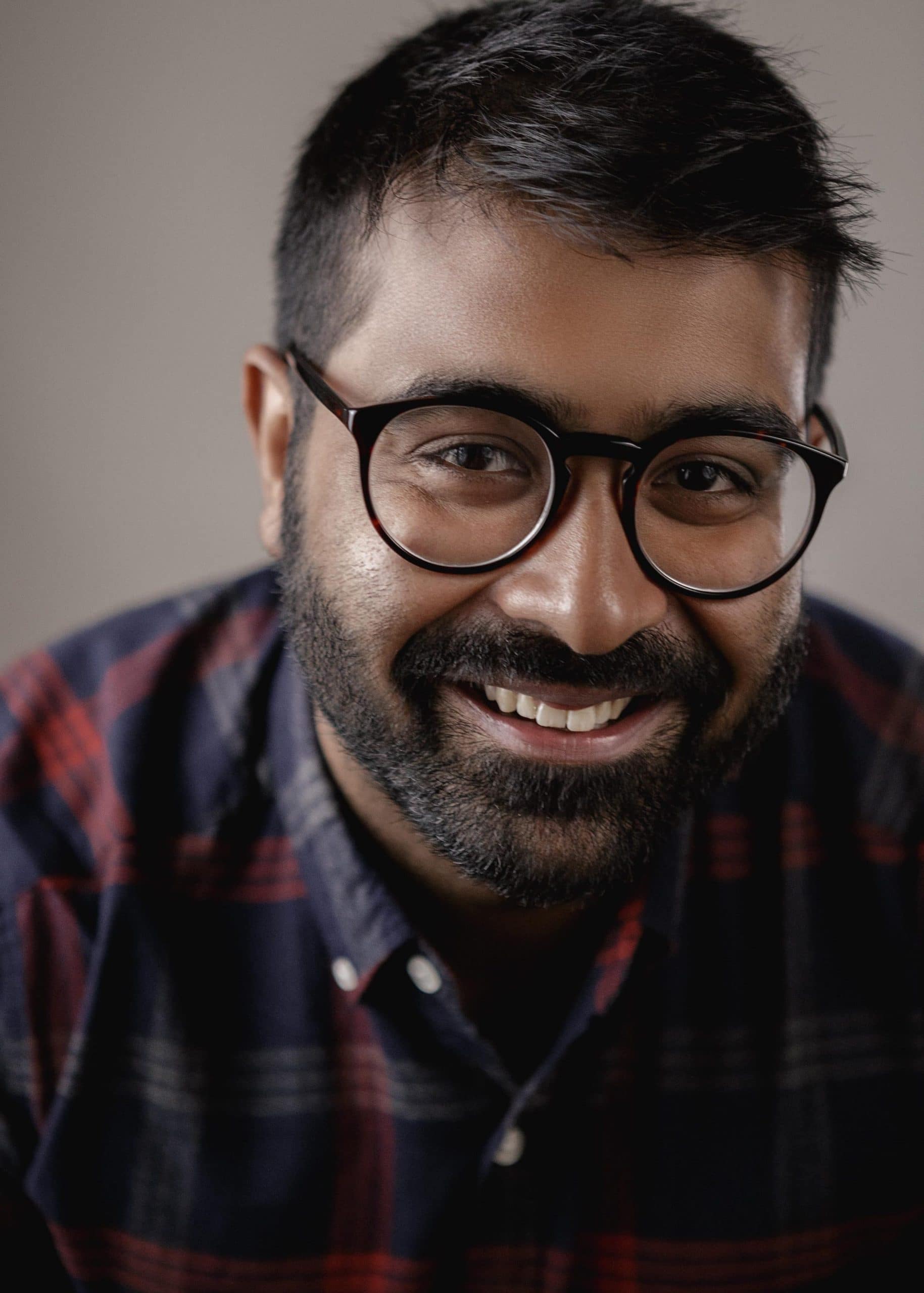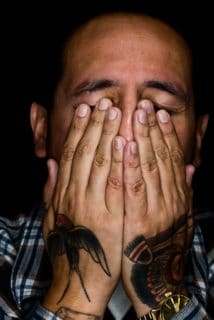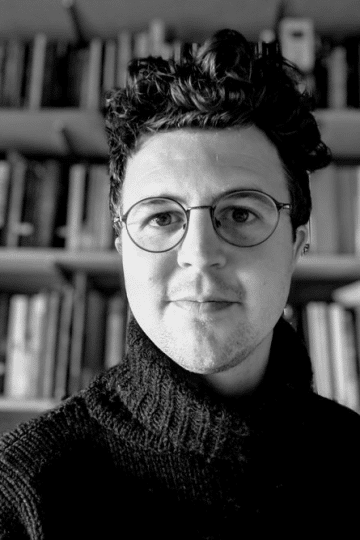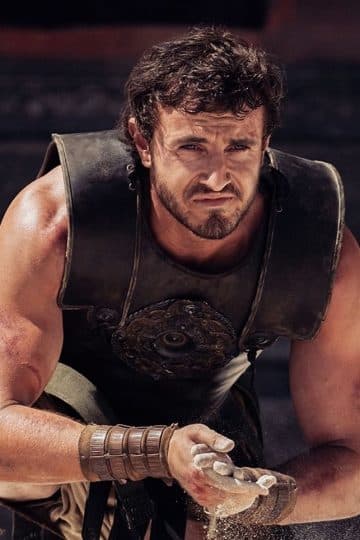How Muslim men redefine themselves online
Masculinity
Hussein Kesvani talks about how Muslims navigate their identities in the digital age in ways which go beyond tired tropes. By Salma Haidrani
Much has been made of British Muslim men over the past decade. Just take their so-called vulnerability to radicalisation post 9/11 (David Cameron attributed this entirely to the “traditional submissiveness’ of Muslim women in 2016) or having to contend with accusations of alienation from British society.
But the internet that offers these men the opportunity to redefine their self-image on their own terms – at least that’s the premise of journalist and editor Hussein Kesvani’s new book Follow Me Akhi: The Online World of British Muslims. Kesvani, a prolific writer on the contemporary British Muslim experience, follows countless men (and women) who use the digital sphere to navigate their religious identities. Chapters shed light on how LGBTQ+ groups and ex-Muslims find solace in Facebook groups and Reddit threads to how ‘secular’ Muslims navigate the contemporary dating app landscape.
Given that this is the same space where extremism has been found to flourish (countless news articles have been dedicated to the role of terror groups recruiting young Muslim men online), it’s heartening that Kesvani sheds light on how the breadth of the British Muslim community, from ‘influencers’ to Instapoets, reclaim their faith in the digital realm far from this tired trope.
I sat down with Kesvani in East London to discuss how millennial Muslims are reshaping contemporary British Muslim identity outside the confines of traditional spaces like the mosque, how the internet is transforming the face of ‘British Islam’ and what it really means to be a British Muslim man today.
What inspired you to write Follow Me Akhi: The Online World of British Muslims?
In 2017, a bunch of books about Muslim identity came out. It was frustrating that they weren’t really relevant, at least my experience. What they all tried to do was try to understand what British Muslim communities were like in 2019. They focused on geographic communities where there were established Muslim communities, they went to community leaders and mosques and they made these networks that centred around mosques. I didn’t recognise it.
I think my experience and the experiences of lots of Muslims I grew up with were very different and I wanted to write a book about that. I felt that the internet was the best place to write about that because I spent so much time understanding what my religious identity was through communications online and I think a lot of people do that too. We’re the first generation who grew up on the internet so it was interesting to look at It through that lens.
Why do you think the internet has become a safe haven for young Muslim men?
I think a lot of it is because partly Muslims in our generation are curious. They want to have these difficult conversations and Muslim environments don’t really allow the framework to do that. For men in particular, so many of them have to play a very performative role in their communities. As a young Muslim man, there’s this expectation you’re going to continue the faith and going to continue the family. Also much of the Muslim experience is male orientated anyway, from Friday prayers to men taking priority when it comes to committees. There’s a certain degree in being performative which means having difficult conversations is difficult to actualise in a mosque environment. But if you’re online, you can do that as you’re on your own. Your expression as a Muslim is individual. You can develop your own persona and avatar which means you can ask difficult questions or have difficult discussions. For many men, it’s a way for them to express themselves in ways that the infrastructures which privilege them and give them a privileged place in their community doesn’t also really allow them to self-actualise.
How much does the internet present an opportunity to re-assert their identity on their own terms?
I’m someone who grew up online. The difficult questions surrounding my identity were the things I was inputting into Google or exploring forums and just trying to find a sense of self. The internet has been super important in that because I come from a small Shia Muslim community in East Africa. Because we’re such a small community, there’s always this notion that you stick together no matter what. This means that often you sacrifice a lot of yourself in order to fulfil this duty of obligation to preserve your community, this duty that’s been bestowed on you whether you like it or not.
What the internet was able to do was create this different environment where I wasn’t beholden to those rules. So I could talk openly about atheism online and not get into trouble or shut down in the same way if I brought it up at the dinner table. If I wanted to talk about difficult things like sexuality, I could do that online because there’s communities that could provide the time, provide the space and the engagement to have those conversations in a way that again, in real life settings you wouldn’t be able to do. Or you would be beholden to particular power structures. If you’re trying to bring up LGBT issues to a particular conservative imam, no matter how much you disagreed with that imam, he would still [hold] power over you because of the institution that he operates in. So the internet, or at least in social media environments, everyone’s kind of equal or there’s an equal playing field on whose opinions are valued more than others. It means you can have more honest discussions. For a lot of the men I spoke to, the internet provides this space where we can have this opinion. Even if we’re wrong, we don’t have to feel ashamed.
To what extent has the internet facilitated young Muslim men reshaping contemporary British Muslim identity?
The internet has played this huge role. What it’s done is allow Muslims as a whole and men to be exposed to aspects of Muslim identity that they would have otherwise either been shielded from or that they would have been ignorant to. For the most part, religion is given to you. The way in which these people are interacting with the internet are less like ‘I’m finding my identity online but how do I take this identity that has been given to me and how do I develop it? How do I develop it in a way that is true myself and true to my beliefs, obligations and duties?’. That’s how the internet has changed the Muslim experience. It’s not finding a sense of Muslim-ness but how do I interface Muslim-ness with the challenges of the modern world?
Ultimately, what do you hope readers will take away from Follow Me Akhi?
I’m hoping that a broader understanding of what the British Muslim experience is like and I hope that they understand that the experience goes beyond just terrorism and islamophobia online. I hope they gain a greater understanding of internet culture [too]. Follow me Akhi has been categorised and labelled as ‘Islamic Studies’. That’s fine but I think but a lot of this book is about internet culture and how internet culture is cemented into our society.
We know next to nothing about religious young people. As a result, we end up having these strange inaccurate stereotypes [about them]. What I wanted to show in the book is that religious young people are really complicated characters. They’re really interesting characters. They’re not only doing a lot when it comes to shifting conversations around British Islam. They’re also doing a lot in terms of shifting conversations how we’re using technology and what we’re trying to use it for and what purpose it should serve.
Follow Me Akhi: The Online World of British Muslims is out now
This interview has been edited for length and clarity.

Join The Book of Man
Sign up to our daily emails for the latest from the frontline of modern masculinity.
Trending

Join The Book of Man
Sign up to our daily newsletters to join the frontline of the revolution in masculinity.

















